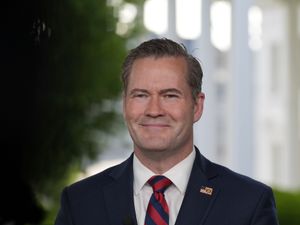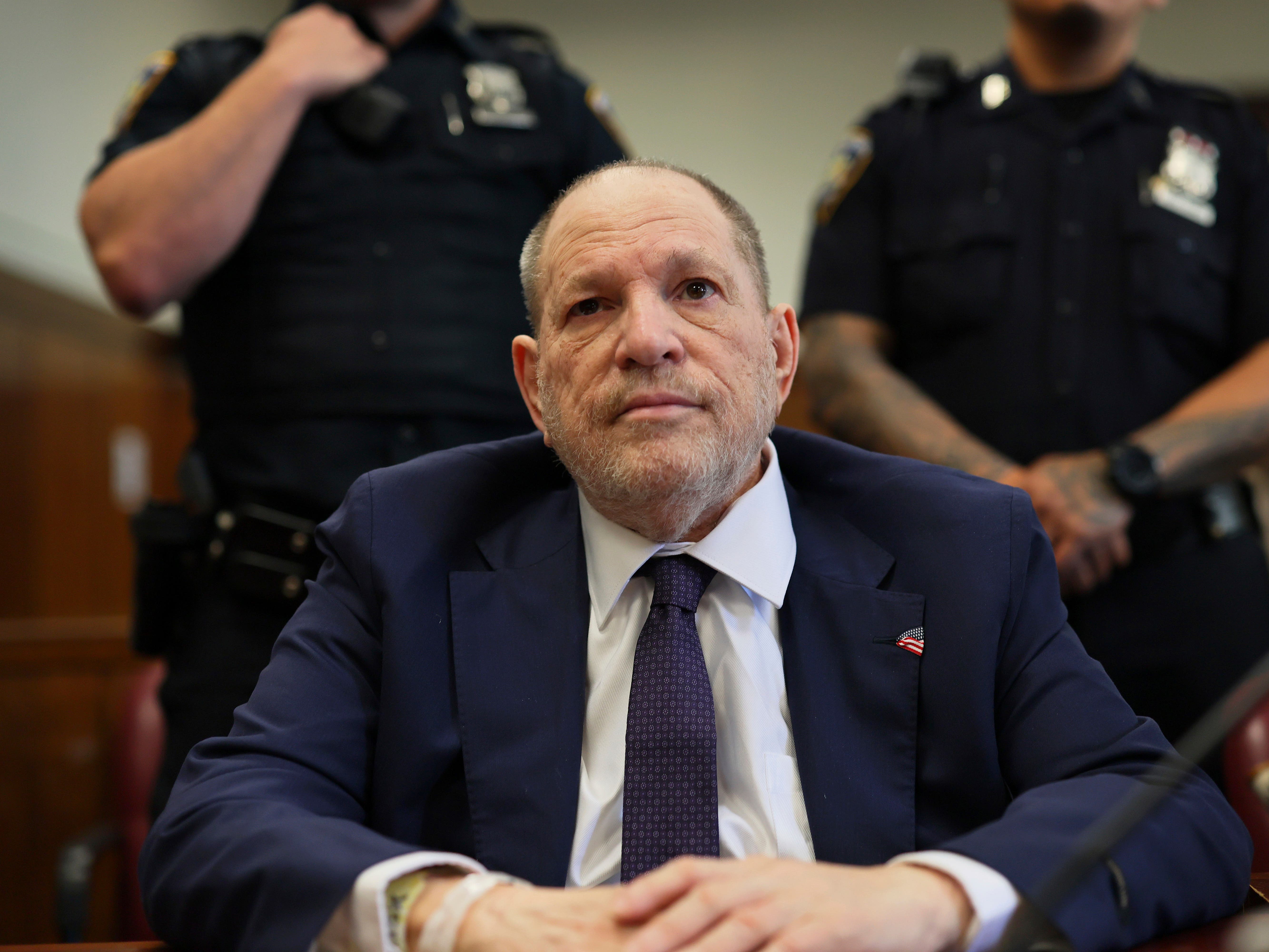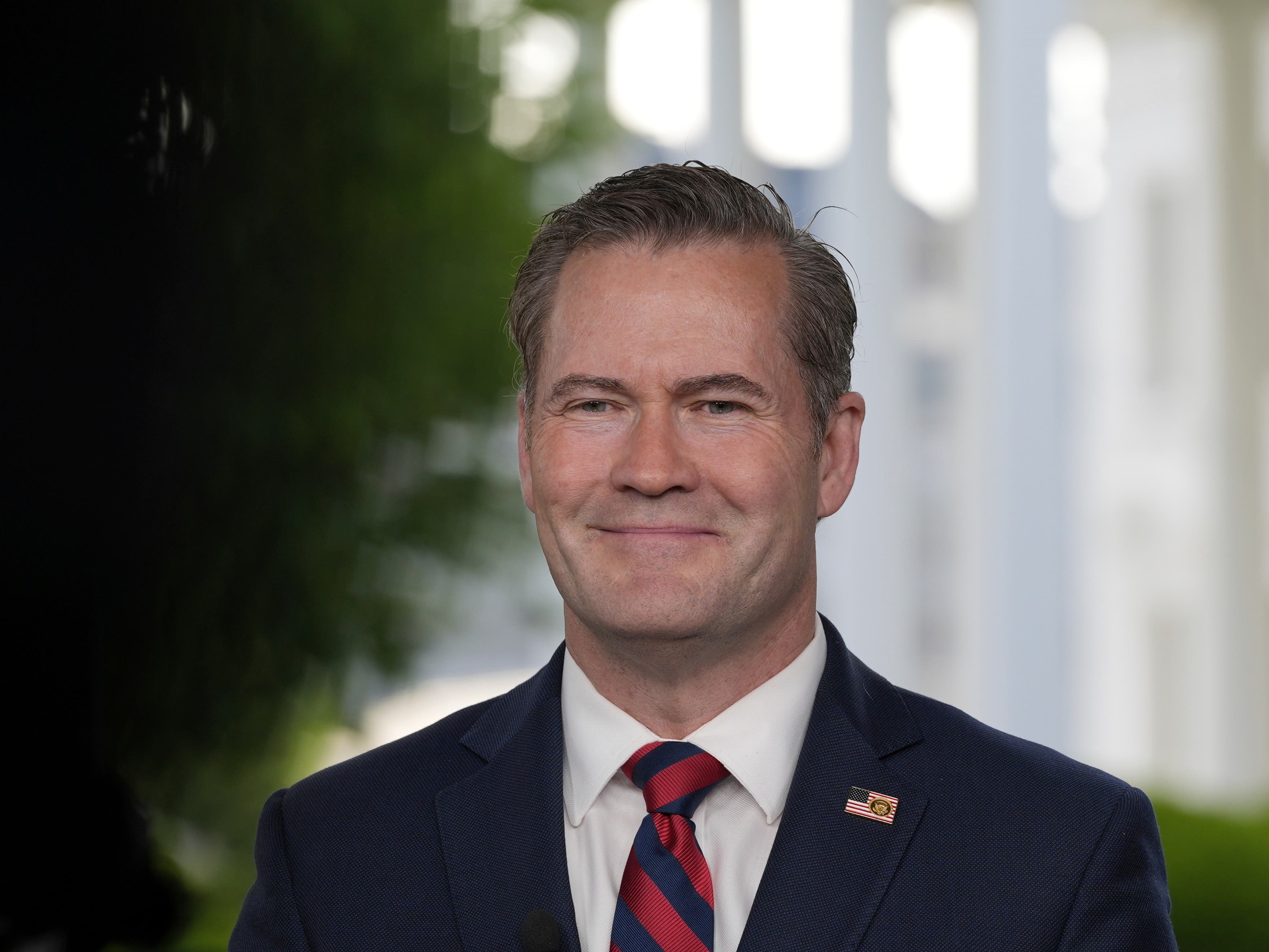Protests in Peru against classification of gender identities as ‘mental illness’
Demonstrations took place outside the health ministry in Peru’s capital city, Lima, and the Peruvian Embassy in Ecuador’s capital, Quito.
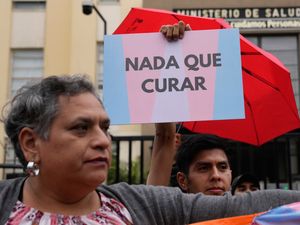
Protesters in Peru are demanding that the government repeals a decree characterising seven gender identities, including transgenderism, as “mental illnesses”.
Demonstrators gathered in front of the health ministry in Peru’s capital city, Lima, and the Peruvian Embassy in Ecuador’s capital, Quito.
The demonstrations coincided with the International Day Against Homophobia, celebrated since 2005 to mark May 17, 1990, when homosexuality – then considered a mental illness – was removed from the World Health Organisation’s International Classification of Diseases.
In Lima, hundreds protested against last week’s decree by Peruvian President Dina Boluarte’s administration. The Ministry of Health said the action would guarantee “comprehensive mental health care coverage” to those affiliated with public, private or mixed health plans.
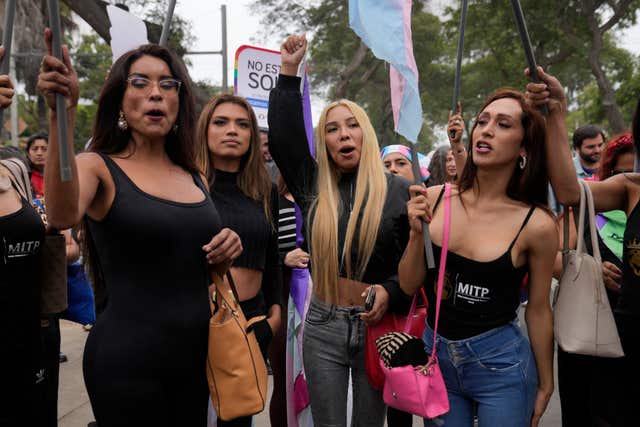
Peru does not recognise same-sex marriage.
Demonstrators carried signs with a variety of messages including “My life is freedom, not a disorder”, “Health is not legislated in the past”, “The disease is you, transphobia kills” and “No diversity with Dina”.
Several people beat on drums and others chanted: “Trans people are love.”
“We have had conservative governments for many years. We had military governments, then right-wing governments linked to Catholic and evangelical churches, so the position regarding us they have revived again,” said Gia Cruzado, a transgender woman and writer.
“The decree is a step backwards and is a way to continue closing the doors to progress for our community,” Ms Cruzado said.
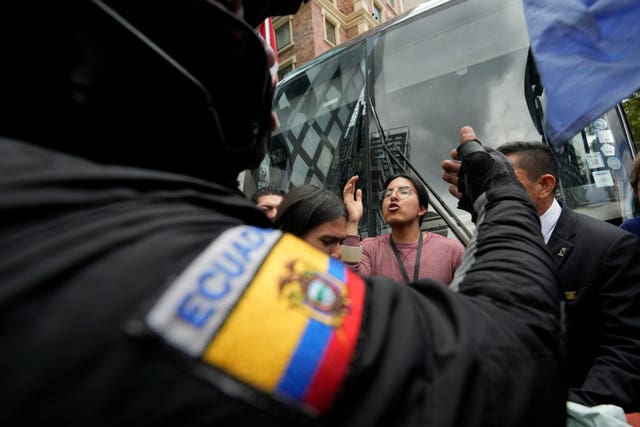
Gahela Cari, a transgender woman who unsuccessfully ran for congress in 2021, said that “being gay, lesbian, non-binary or bisexual is not a disease, it is a human condition”.
In Ecuador, dozens of members of a collective defending the rights of the LGBTQ+ community marched to Peru’s embassy. They staged a sit-in outside while waving flags and signs declaring that “being trans is not a disease”.

